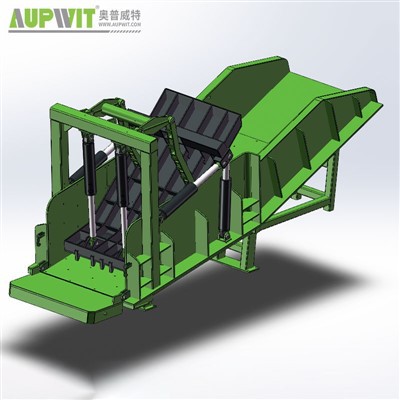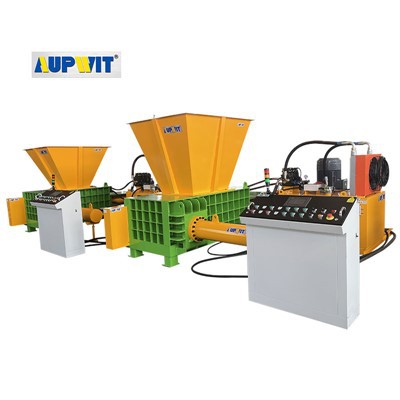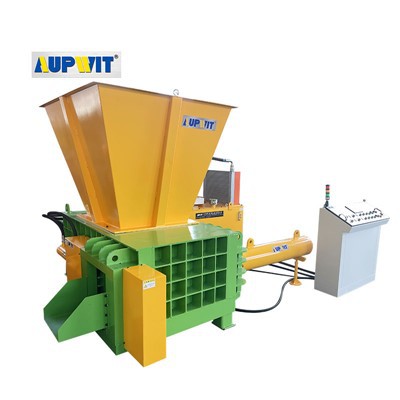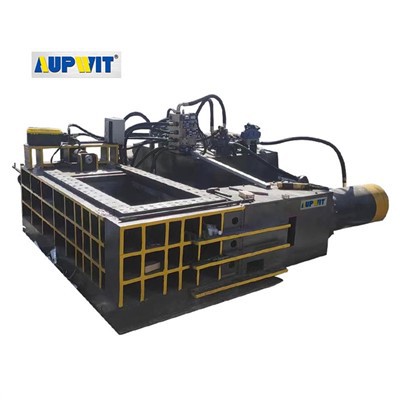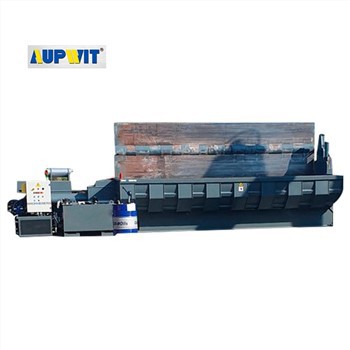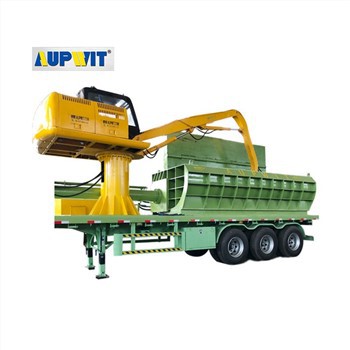Equipment Efficiency Optimization Guide
Maximize your equipment's performance and productivity with these essential operational strategies and best practices.
Proper Material Pretreatment
- Sort and organize clothing to be baled in advance, removing sharp objects and large debris to prevent them from blocking the machine and impacting operation.
- Smooth and compact the clothing as much as possible to reduce gaps between garments, ensuring a more uniform density of material fed into the machine.
- This approach shortens the compression process and improves overall efficiency.
Properly Set Equipment Parameters
- Adjust the compression pressure, compression speed, and bale size parameters based on the material, thickness, and quantity of each batch of clothing.
- Avoid inadequate compression requiring secondary processing due to improper parameter settings.
- Prevent idle equipment due to excessively high parameters and ensure the machine operates efficiently when adapted to the material characteristics.
Optimize Operational Process Coordination
- Clearly define the timing of operational steps to minimize idle time waiting for material.
- While one batch is being compressed and baled, prepare the next batch in advance.
- If there are multiple machines or operators, allocate tasks appropriately to ensure efficient coordination between material feeding, machine operation, and bale sorting.
Ensure Equipment Stability
- Regularly inspect the equipment's hydraulic system, electrical components, and transmission mechanism according to maintenance schedules.
- Promptly replace worn parts and replenish hydraulic oil to ensure the equipment is free of potential malfunctions.
- Prevent downtime for repairs due to sudden equipment failures and maintain continuous, stable operation.
Use Appropriate Auxiliary Tools
- Select appropriate auxiliary tools based on the scale of the packaging operation.
- Use conveyor belts to transport clothing instead of manual handling to increase material input speed.
- Equip with dedicated bale racks to facilitate quick storage of completed bales, preventing accumulation that can impact subsequent packaging processes.


